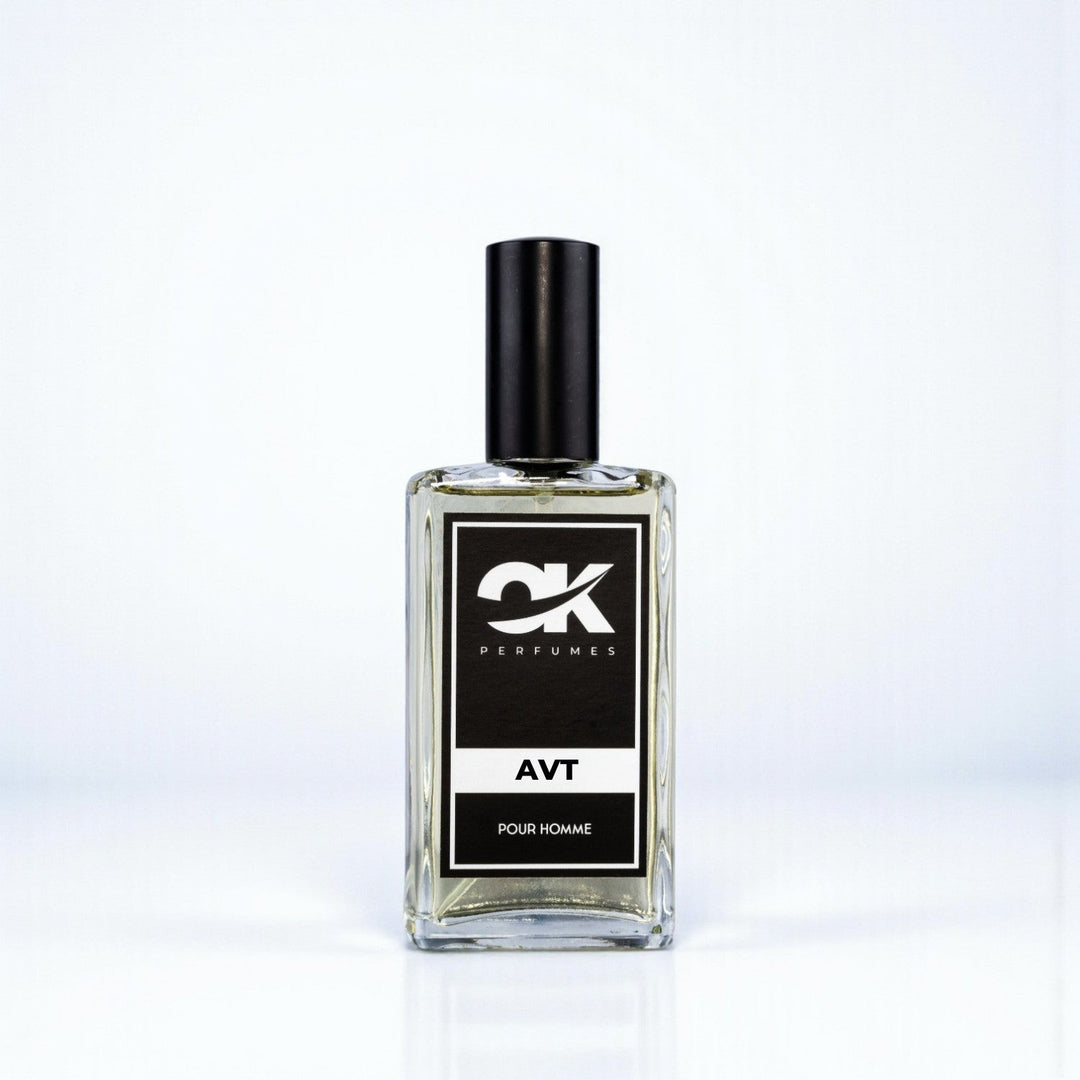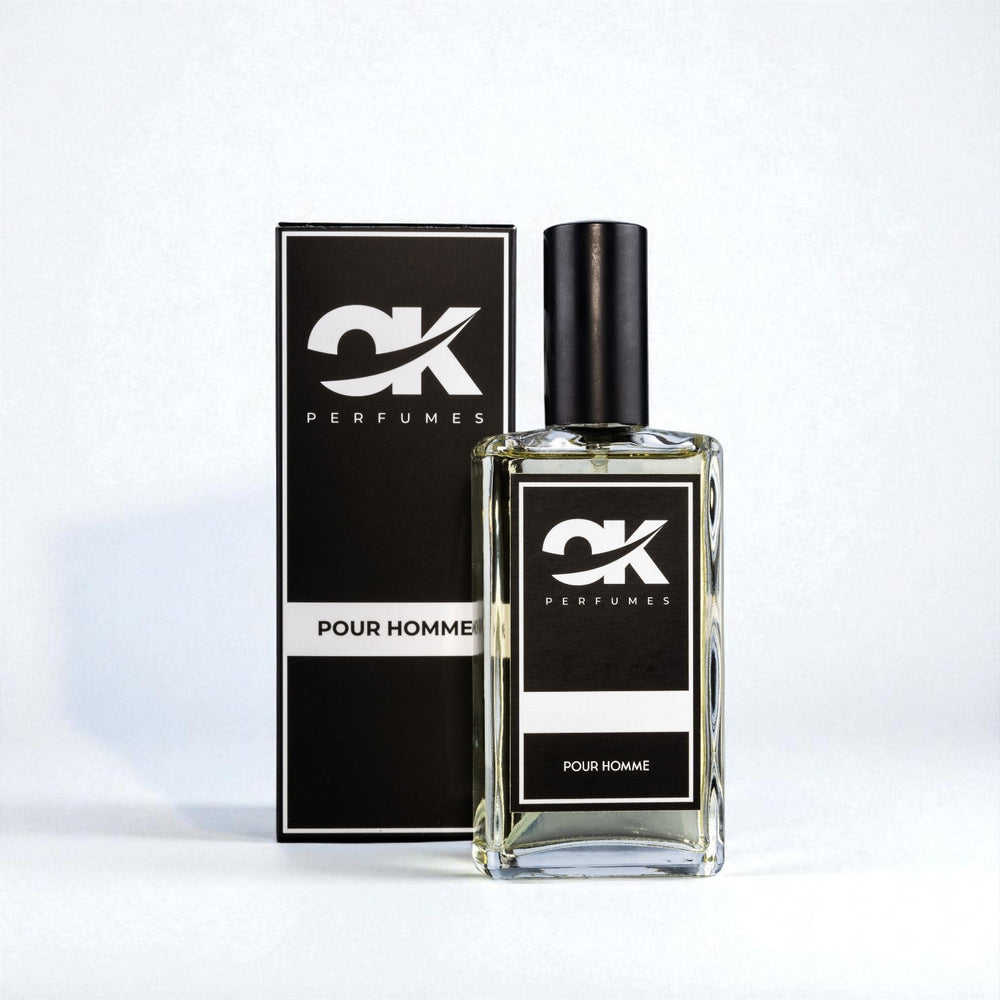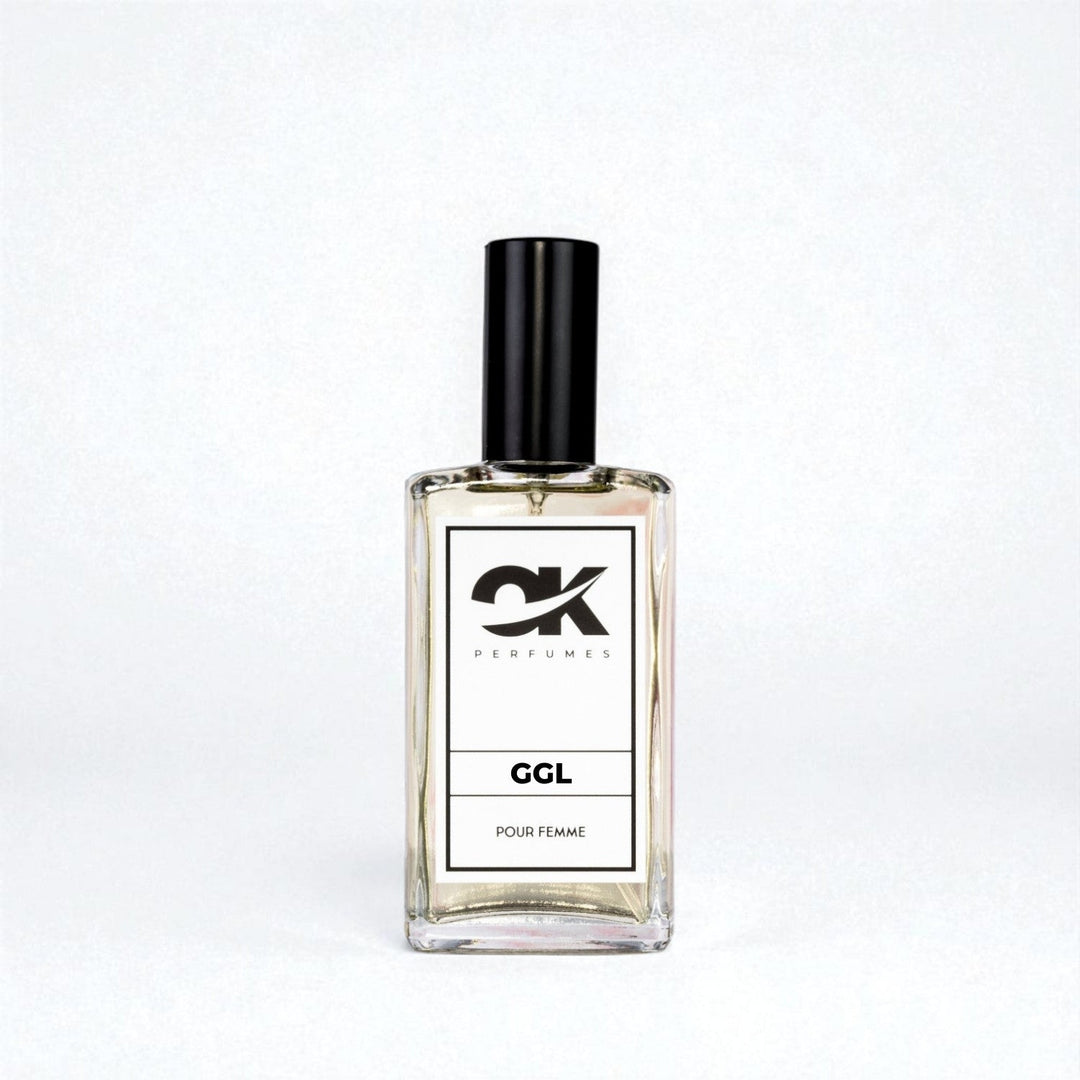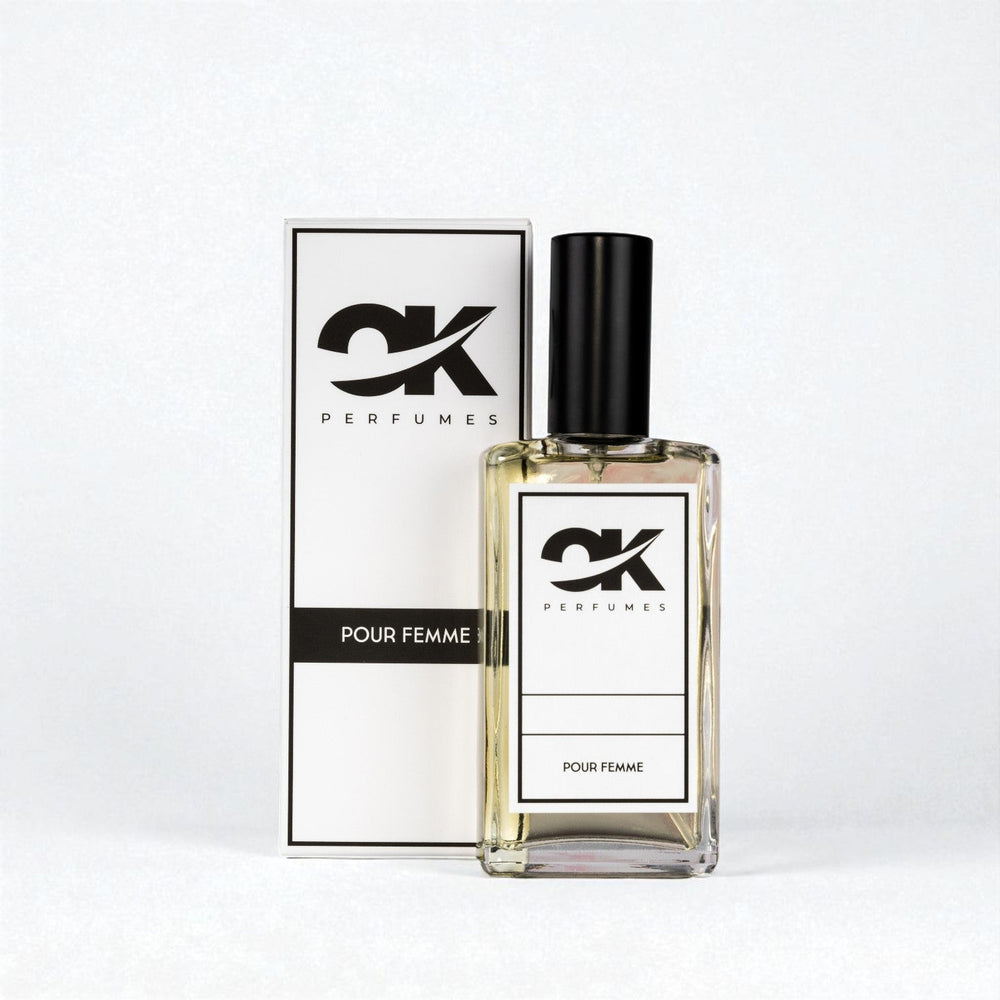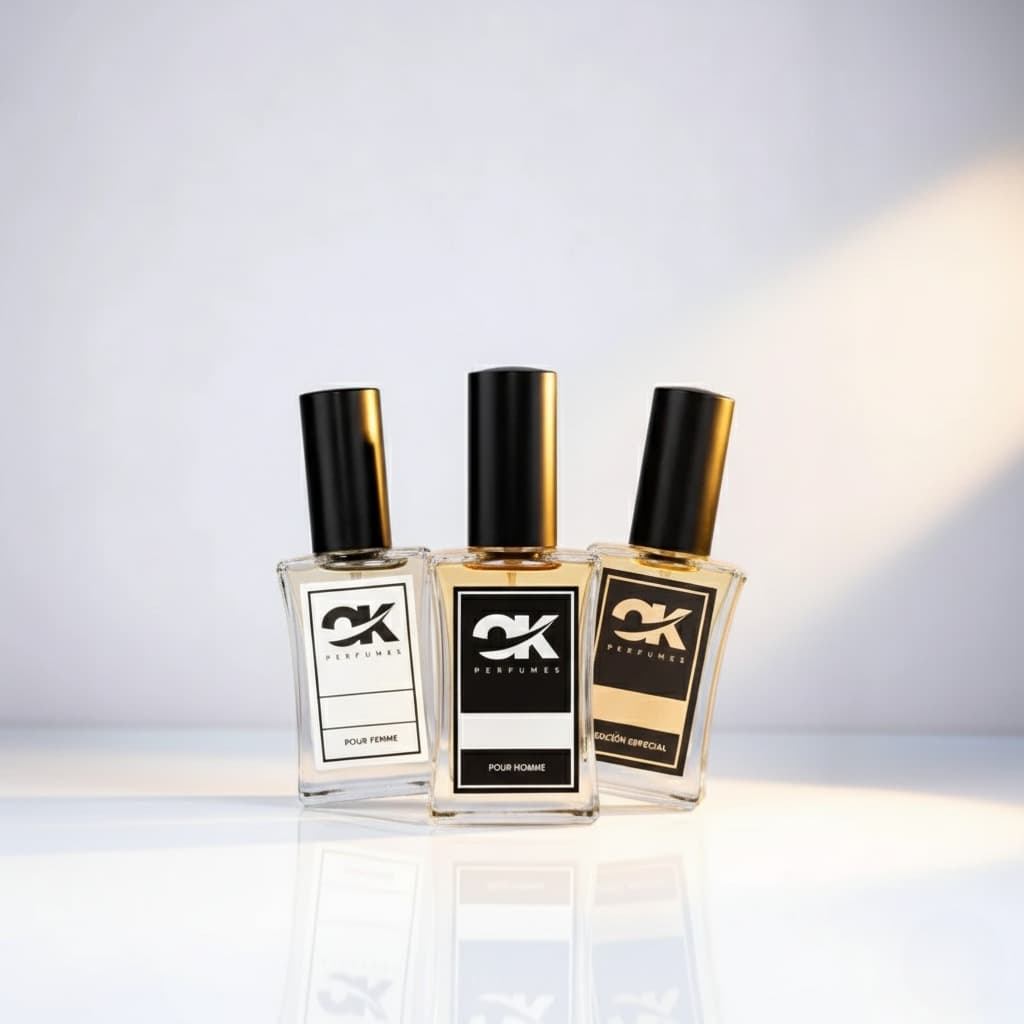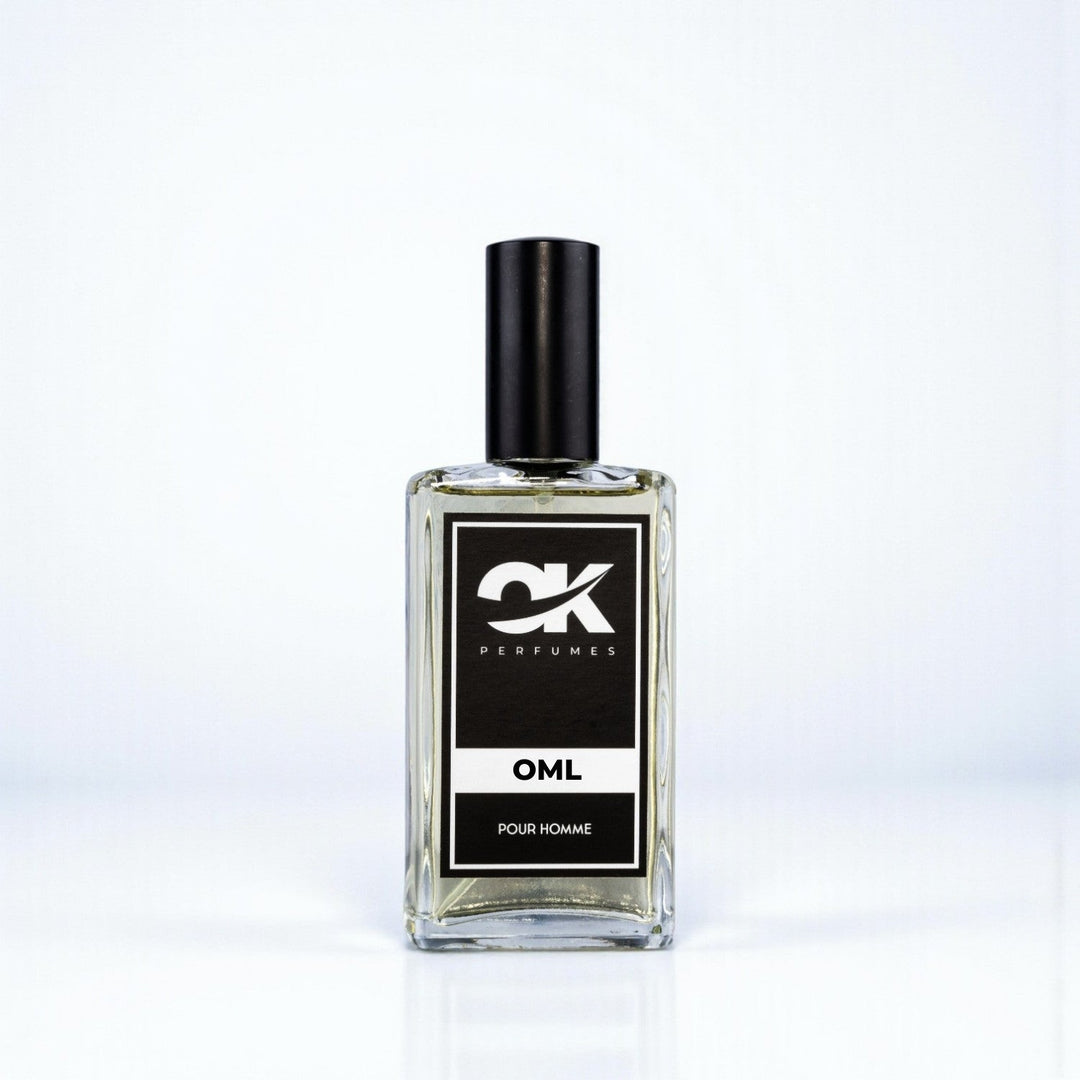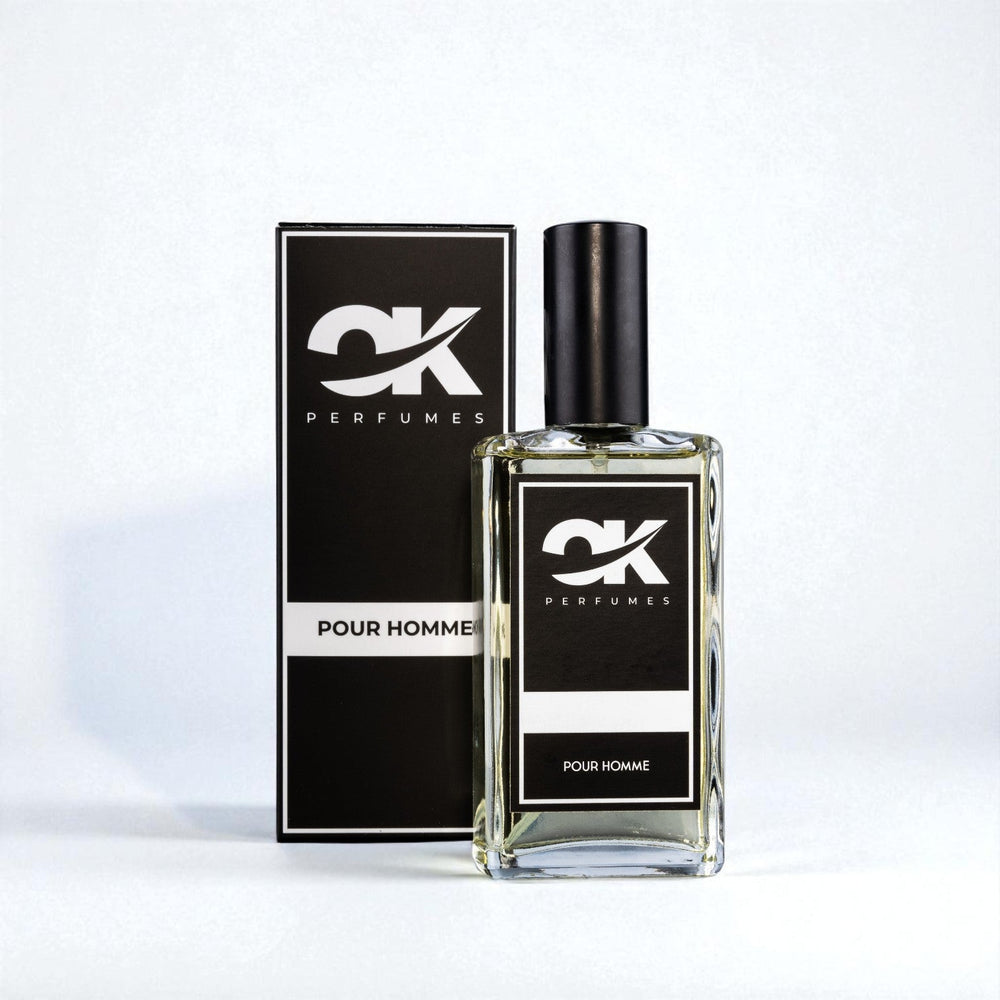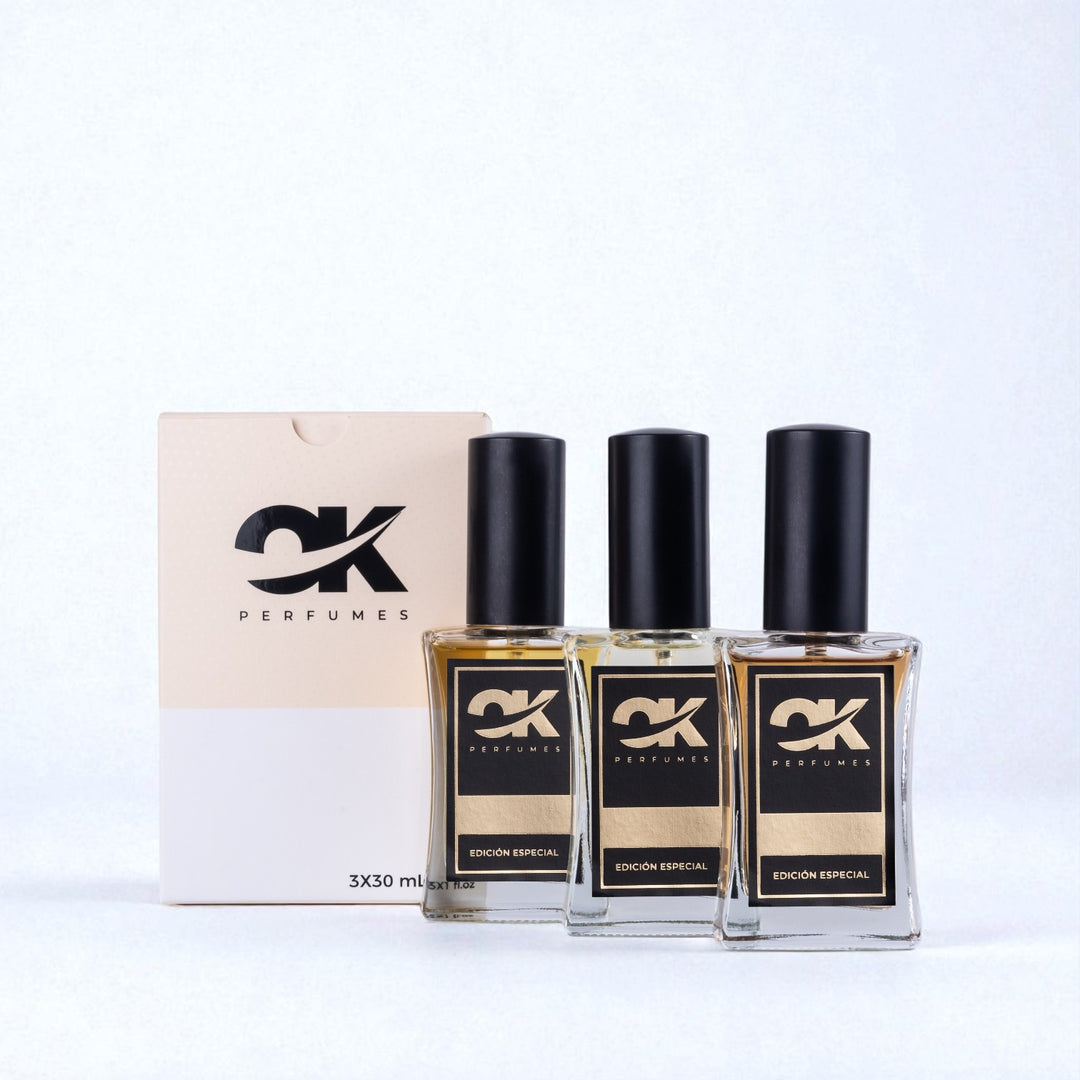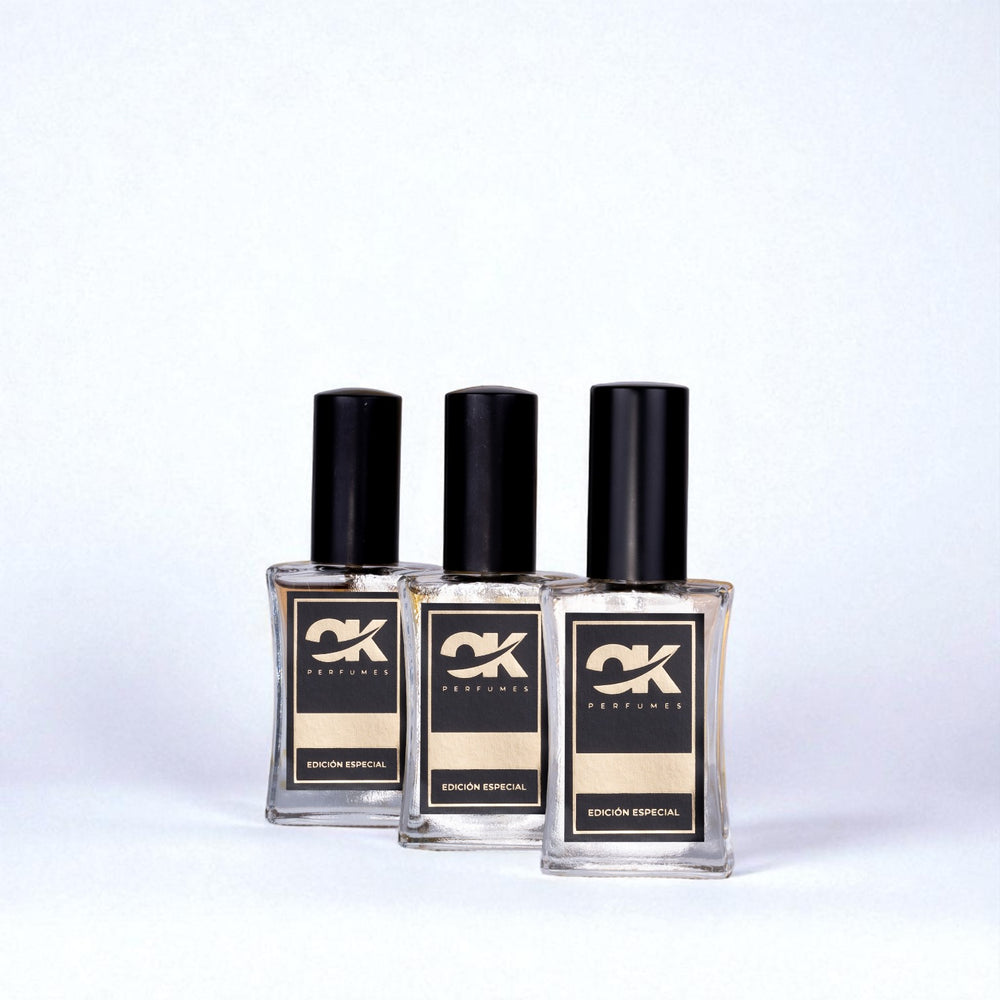Common myths about perfumes and perfumery
The world of perfume is full of charms, but also misunderstandings and myths that can confuse consumers. In this article, we'll debunk some of the most common myths about perfumes, including perceptions of quality , usage, and application. If you've ever wondered about the alternative Hermès H24 and other aspects of perfumery, you'll find clear and helpful answers here.
The art of perfumery and its significance
Perfumery is an ancient art that is not only about blending aromas, but also about creating sensory experiences. Since ancient times, perfumes have been used in rituals, celebrations, and everyday activities. However, people often have misconceptions about how to choose and apply perfumes. Below, we'll debunk some of the most common myths.
Myths about the duration of perfume
A perfume lasts all day
One of the most widespread myths is that a perfume, once applied, should last all day without needing to be reapplied. The truth is that the duration of a perfume depends on multiple factors, including the fragrance concentration, skin type, and climate. For example, highly concentrated perfumes like eau de parfum can last longer than an eau de toilette . Therefore, it's important to take these variables into account when adjusting our expectations.
Rose bushes prevent the perfume from fading
Another myth is that applying a body cream or lotion with a scent similar to perfume will help the fragrance last longer. While this may seem logical, it can actually interfere with how the perfume is perceived. It's best to opt for fragrance-free products or those that complement the scent subtly.
Everything related to the application
More perfume means better
A common belief is that the more perfume you apply, the more intense the fragrance will be. This assertion is erroneous and, in many cases, counterproductive. The key is to find the right balance and apply the right amount to pulse points, such as behind the ears, on the wrists, and along the hairline. This not only allows the scent to diffuse subtly, but also avoids bothering those around you.
Applying perfume to clothes is more effective
In addition to applying it to the skin, many people choose to spray perfume on their clothes in the hopes of prolonging its duration. However, this doesn't always produce the desired effect. The fabric can change the way the fragrance develops, and in some cases, it can even ruin the texture of the garments. It's preferable to apply perfume directly to the skin.
The perception of quality
Price always indicates quality
A common perception is that a perfume's price is always an indicator of quality. While it's true that many high-end perfumes may offer better ingredients and formulations, there are alternatives on the market that aren't among the most expensive. For example, there are options that work like a Hermès H24 alternative , providing a comparable fragrance experience at a more affordable price.
Designer perfumes are always better
Many believe that only luxury brand perfumes offer true quality. Although fashion houses invest heavily in advertising and marketing create an image of exclusivity, it is also possible to find quality fragrances from lesser-known brands. Ultimately, choosing a perfume is a personal experience that should be based on individual preferences rather than the brand.
About fragrances and their composition
Perfumes are the same as cologne.
There are different categories of perfumes based on their fragrance concentration, and it's a mistake to think they're all the same. The quality and longevity of a fragrance depend on its concentration. For example, cologne has a lower concentration of essential oils than eau de parfum , resulting in a less lasting fragrance. Therefore, it's always a good idea to be aware of these differences when selecting a perfume.
The notes of a perfume are static
One of the most common misconceptions is that a perfume's notes remain constant throughout. However, most fragrances develop in three phases: top notes, middle notes, and base notes. Each phase has its own aromatic profile and will reveal itself at different times after applying the perfume. Understanding this can help you better appreciate the complexity of your chosen fragrance.
The relationship between perfumes and skin
All perfumes work the same on the skin
Many people assume that a perfume or fragrance will work the same way on everyone. However, each person's body chemistry can influence how a perfume develops and smells. Factors such as diet, hydration, and skin type can influence the fragrance's projection and longevity. It's essential to test a perfume on your own skin before making a purchase.
The smell changes with the temperature
Finally, heat is said to intensify a perfume, but it can also alter how it's perceived. High temperatures can cause top notes to evaporate more quickly, while heavier notes can linger longer. Therefore, where and how you store your perfumes influences their development and protection. It's best to store them in a cool, dark place, away from sunlight.
Discover the truth behind the myths
Myths about perfumes can lead to misunderstandings that affect our purchasing and usage experience. By understanding the truth behind these myths, you can make more informed decisions and enjoy your fragrances more consciously. Whether you're looking for an alternative like Hermès H24 or any other option, remember that the best perfume is the one that suits you and your preferences.
Knowing and understanding the essential elements of perfumery not only enriches our experience but also helps us choose quality fragrances that reflect our identity. Demystify the world of perfumes and be yourself when choosing which one to wear. Your next perfect fragrance is waiting for you!




